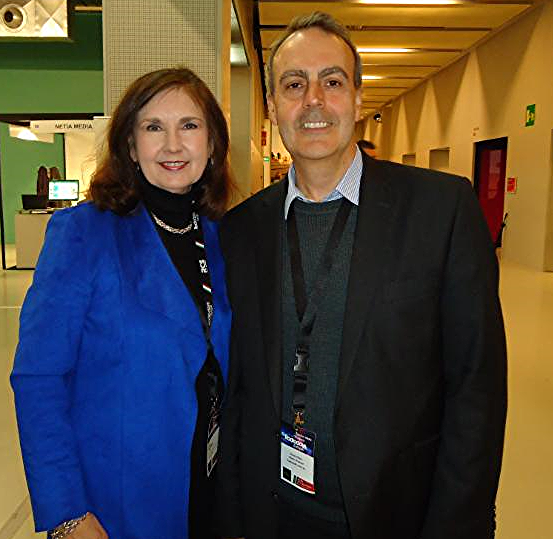 Selling Radio Direct with Pat Bryson
Selling Radio Direct with Pat Bryson
Why do our prospects buy from us? As we move prospects through the stages of a sale, we know that the buying process can be complicated. Much of the time, we are dealing with more than one decision maker. We are always dealing with complex emotions (remember, people buy emotionally and justify it with logic). So, what is it that finally compels them to buy from us? People will finalize a sale when they believe that their opportunity for reward is greater than their fear of risk.
It’s that simple and that complex.
If you asked your current customers why they buy from you, you might get answers similar to these:
- This station has value to me…..
- I have confidence in my salesperson
- This marketing plan is different and better than the others I’ve looked at
- I have confidence that this marketing program will meet my needs
- The price is fair versus the value I see in the program
- I think this advertising plan will make me money
As a prospect moves through his buy cycle, he goes through several steps in his decision-making process. The first step is to admit that he has a problem. Unless your client will admit to having a problem, and commit to fixing it, you do not have a prospect. Once the prospect admits to having a problem, he begins to formulate a way to solve the problem. In this phase, he may call several radio stations, TV, newspapers or outdoor companies and ask them for information. Once the prospect has this information, he begins to evaluate the risk involved in buying. Now is the time to help your prospect “manage the risk” so that the “reward” is greater. Your prospect may become negative as he asks himself, “What might go wrong if I buy this advertising program?” At this point, your prospect needs to be reassured that this program will, indeed, meet his needs.
One aspect of risk is the price. At this stage, your prospect is not necessarily looking for the lowest price, but he is looking for the “best” price. Expect him to test your price at this stage.
Next, the buyer will make a decision to either:
- Say “Yes”.
- Say “No”.
- Elect to do nothing at this time.
Whether or not the buyer perceives your proposal to be in his best interest will determine which of these three happens. If the buyer says, “Yes” it is because he believes that your proposal best meets his needs and how he sees those needs being met.
Once the prospect has said, “Yes“, it is time to implement the solution. This is the time to assist your prospect. If the prospect feels that the implementation of the program is too complex, he often will not consummate the sale. You have the opportunity to differentiate yourself from the other advertising salespeople by walking with your client every step of the way.
After the program has been implemented, your client will want to measure his results. How the plan actually meets his needs will determine if you retain his business or not. It is important for you to know how he intends to measure the success of his advertising program. Make sure that the measurement is objective and make sure to find out how the program is performing against his expectations.
We know that people move toward pleasure and away from pain. This selection of emotion is constant with all people, in all interactions. Risk represents pain. Reward equals pleasure. By managing the sales process at all stages we can manage and remove much of the perceived risk. We can insure that our prospect views our program as a solution to his needs. We can create an environment in which both the client and the salesperson achieve their goals.
About The Author
 Pat Bryson is the founder of Bryson Broadcasting International, a consulting firm that works with radio stations around the world to increase revenue by raising the skill level of their sales staffs. Her client list spans from the United States to Canada, Europe and Central Asia.
Pat Bryson is the founder of Bryson Broadcasting International, a consulting firm that works with radio stations around the world to increase revenue by raising the skill level of their sales staffs. Her client list spans from the United States to Canada, Europe and Central Asia.
Pat has spent her entire career creating a culture of over-achievement for her stations. She began her career in radio sales, becoming one of the highest billing sales people in her market. Her career advanced to General Sales Manager, and then to Market Manager. Since starting BBI 7 years ago, she has helped hundreds of radio stations to find, train and grow great quality sales people and managers.
Pat was the recipient of two prestigious educational fellowships from the Educational Foundation of the National Association of Broadcasters: a fellowship to the Executive Development Program and a fellowship to the Broadcast Leadership Training Program.
She publishes the Bryson Broadcasting International Newsletter twice monthly and is a contributor to Valerie Geller’s latest book, Beyond Powerful Radio: A Communicator’s Guide To The Internet Age.
You may contact Pat at [email protected] or visit her website at http://www.patbryson.com.
Read more Selling Radio with Pat Bryson here and here.
PIc: Pat Bryson with radioinfo’s Steve Ahern at Radioidays Europe.
